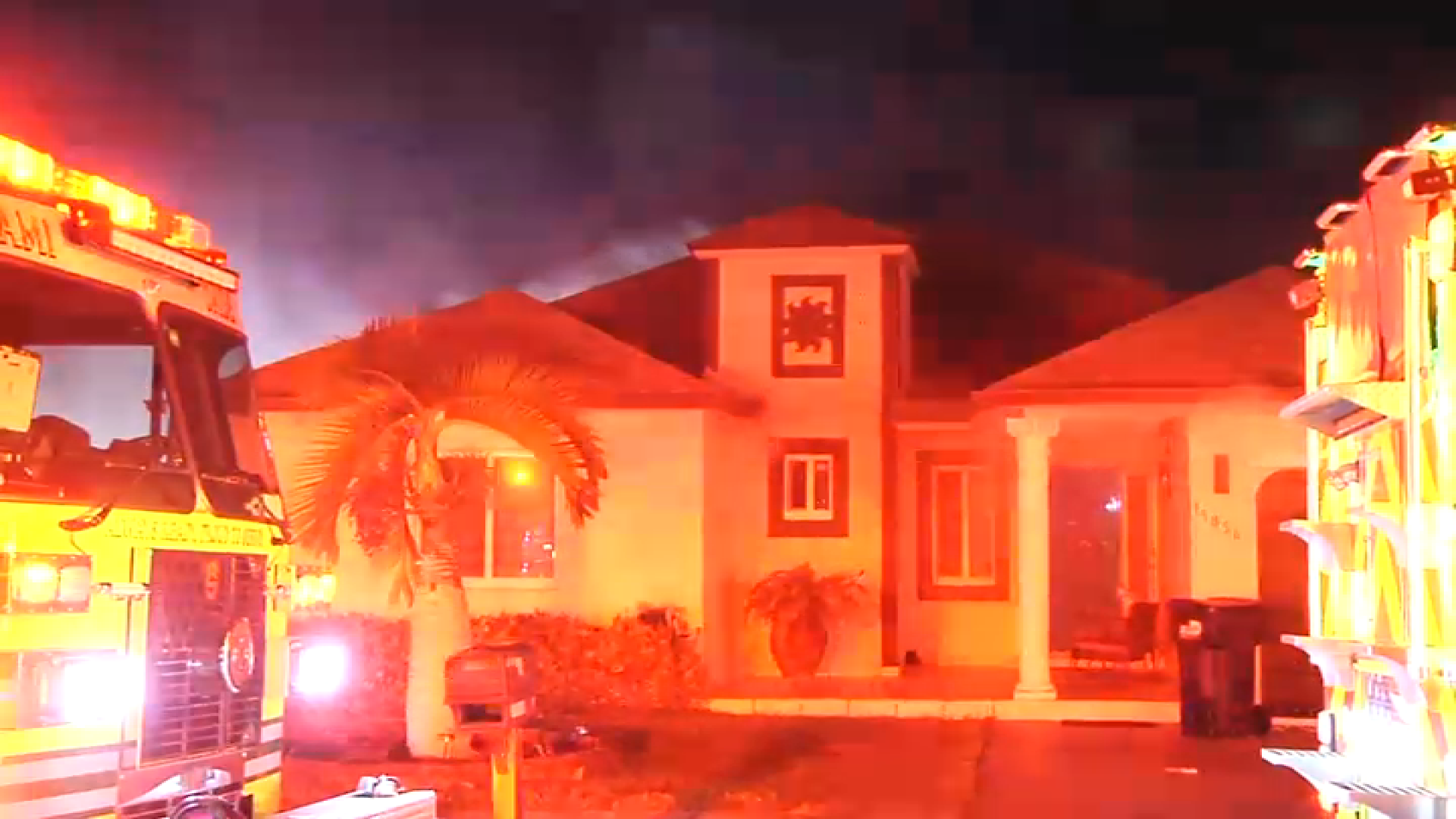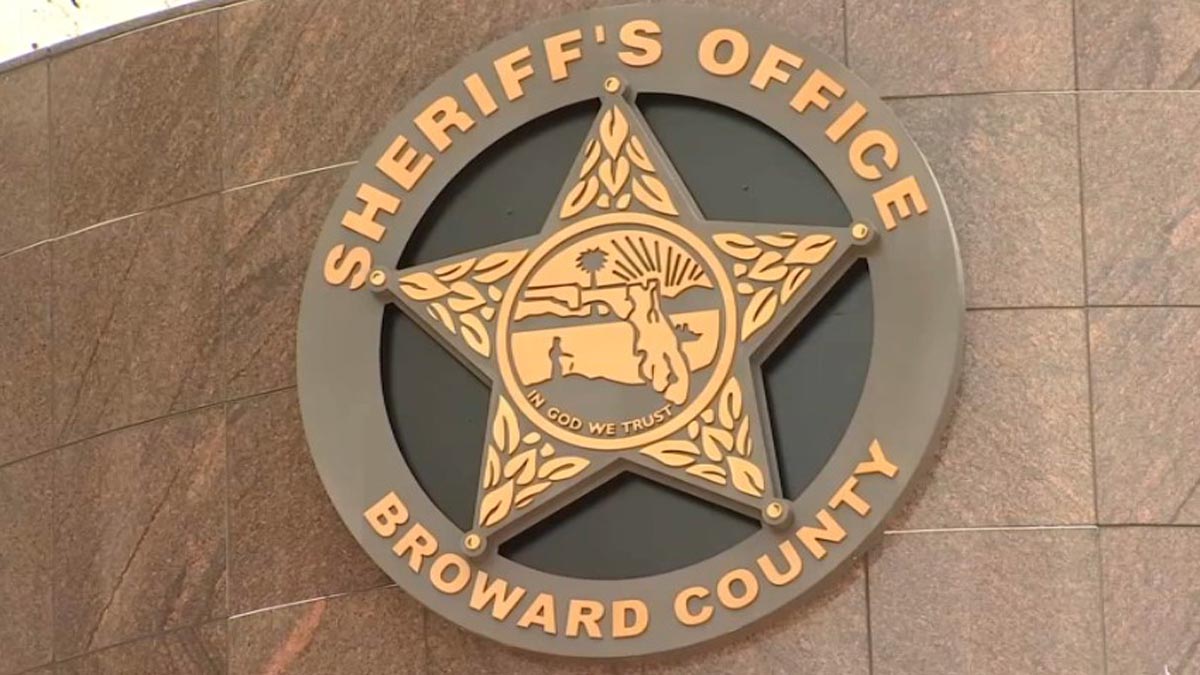Saying it has reached a "tipping point," Florida's teacher union along with other groups filed a lawsuit Thursday aimed at ending one of the nation's largest private school voucher programs.
The lawsuit filed in Leon County contends that a program that serves 60,000 students primarily from low-income families violates the state's constitution by creating a parallel education system and by directing tax money to religious institutions. Most of the schools that utilize the vouchers in the nearly $300 million program are religious.
Those involved in the lawsuit, including the Florida Education Association, the NAACP, and the groups that represent school boards and school association, argued that the program was draining money away from existing public schools and the children that attend them.
"The public school system has been decimated," said Dale Landry, citing cutbacks in the number of hours that children spend inside a classroom. "We need to go back and reinvest in our public school system."
Backers of the popular program, as well as prominent Republicans who have supported its expansion, decried the lawsuit and its potential impact on the families who rely on it.
"It is unconscionable that trial lawyers and unions have ganged up to use these children as a political ploy," said Gov. Rick Scott in a statement. "Quite simply, this careless action could have terrible consequences on the lives of Florida's poorest children, who with the help of this program have a chance to escape poverty."
Then-Gov. Jeb Bush Florida set up the first program that awarded vouchers to children attending low-performing schools. The state Supreme Court ultimately declared it unconstitutional, saying it violated a requirement that the state had a "paramount duty" to have a uniform and high quality system of "free public schools." A lower court had also ruled it unconstitutional on the grounds it violated a provision that says "no aid" may be given by the state to religious institutions.
Local
But Bush and the GOP-controlled Legislature created other voucher programs, including the tax credit scholarship program that is the target of the lawsuit. It allows businesses to get credits on their state tax bills if they donate to an organization that hands out private school vouchers to children in low-income families.
Since 2001, the Legislature has expanded the program several times, including this past year when it expanded the income eligibility standards. Starting in 2016, middle income families may also qualify.
Ron Meyer, a lawyer representing the FEA, said many people were willing to accept the program when it was an "experiment" but its continued expansion has prompted groups to act.
This is the second lawsuit filed by the FEA this year that could impact the program. In July, the teacher's union filed a separate lawsuit challenging the way the latest tax credit expansion became law during the session. It hasn't yet been heard in court.
The FEA and other groups announced their lawsuit from the union's Tallahassee headquarters. Outside, about 50 students attending private schools in the area gathered with pastors and others to criticize the legal challenge. They said the program helps students who needed an alternative to public schools.
"If many parents are fighting for their children to stay in a private school, why can't you help them?" said Abigail Rodriguez, a 10th grader from Orlando who receives a voucher to attend a private school.



